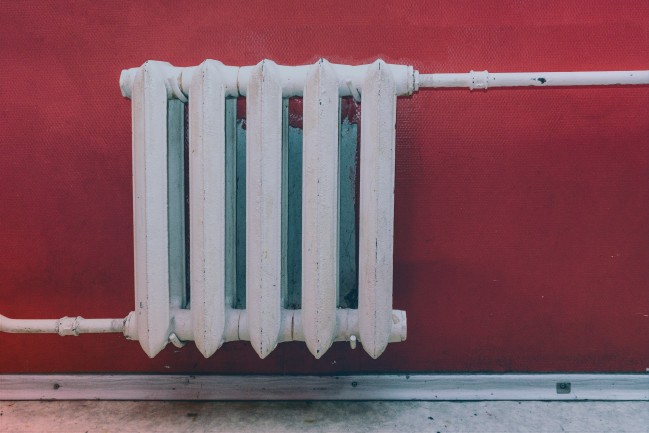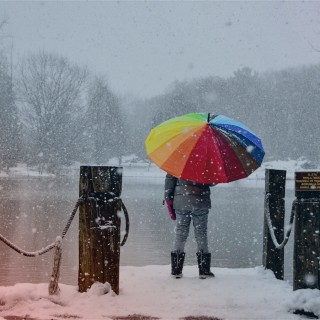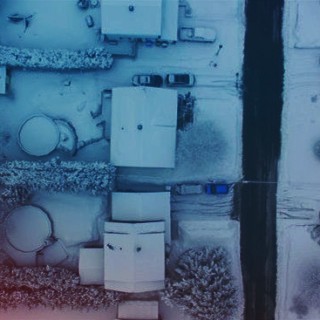Heating in Poland | 2019 edition
Report
While the battle for new climate targets for 2050 is under way in Brussels, many Polish cities and villages are already struggling with smog. Forum Energii gathered the most important data on heating in order to highlight the importance of heating, which is treated as a poor cousin of the energy sector.

Poland suffers from smog, especially in winter. In order for the air quality to start improving, the heating sector needs to be considered broadly, as it is both the district heating networks and the domestic heating supply. As much as 76% of heat is generated in individual heating installations. The remaining 24% is produced in district heating systems - one of the best developed networks in Europe. In the analysis "Heating in Poland. Edition 2019" there are few words, but a lot of numbers that should mobilise for action. Heating is not only about district heating systems, but also about individually heated houses. There have been few such studies so far.
With the report, Forum Energii wants to point out that the lack of data is a barrier to the energy transition in Poland. The supply of heat is a public domain and concerns every Polish household. Data on energy efficiency, pollutant emissions, forms of heating should be regularly collected and made widely available. Poland will not be able to calculate the costs reliably and monitor the progress of the fight against smog if it does not diagnose the problem well and collect data on the condition of buildings, heat sources, energy efficiency, emissions, etc. We hope that the ZONE programme will fulfil such a function.
The report attempts to present a comprehensive picture showing data from many sources, from different periods, with different collection methodology and different accuracy. We hope that the report will help us better understand the challenges of clean heat - says Rafał Macuk, an analyst from the Forum Energii and the author of the report.
One of the main barriers to eliminating smog is not only the lack of a comprehensive strategy for this area, but most of all the lack of generally available data that would describe the condition of this sector. It is striking that the supply of heat, which is a major environmental and social problem in Poland, is so poorly described and recognised. There is a lack of data on the state of energy efficiency of buildings, individual heat sources and many others - says Dr. Joanna Maćkowiak Pandera, President of the Forum Energii and adds - Lack of knowledge about the sector results in low interest of key institutions, and it's difficult to propose corrective solutions if the problem is not well diagnosed.
The report is based on the most up-to-date data and materials published by the: Central Statistical Office, Energy Market Agency, Energy Regulatory Office, National Energy Conservation Agency, National Centre for Balancing and Emissions Management, Polish Chamber of Commerce, Eurostat and others.
While preparing this publication, we have noticed problems that may be a barrier not only in creating an objective and complete picture of the heating sector in Poland, but also in introducing necessary changes in this sector. These are among others:
- lack of access to data - either they are not collected or they are not made public.
- lack of methodological consistency in published data - statistical institutions apply their own method, which makes it impossible to create a coherent picture of the examined issue.
Facts and figures on heating
- Poles burn as much as 87% of the coal burned by all EU households at their homes
- 47% of Polish households heat their homes with solid fuels.
- 68 million tonnes of CO2 are emitted annually by the domestic heating sector,
- which represents as much as ¼ of the national CO2 emissions.
- 26 million tonnes of thermal coal are consumed annually by heating.
- 21.4 thousand kilometres is the length of district heating networks in Poland.
- 80% - inefficient district heating systems in Poland.
- 30 billion euros a year we pay for smog diseases in Poland.
- Rural households account for 56% of those suffering energy poverty.


